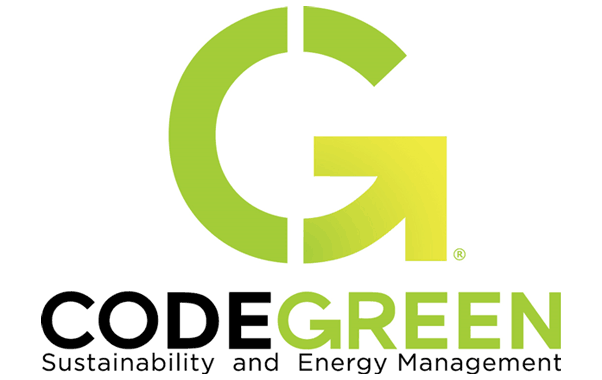Code Green Solutions


Are we all insane? Of course, not. This quotation is surely referring to somebody else. Not us in the green building world.
What is true, however, is that many of us, including me, expect and seek different outcomes to some of our biggest challenges in the built environment, but often we use similar means to achieve those ends, whether those goals be human health and productivity, higher net operating income or lower carbon emissions.
That’s where entrepreneurial thinking comes into play. Entrepreneurs think and act differently than the rest of the population. In doing so, they also see different results. For us, how might we see more LEED buildings with higher performance and better economics if we approached things a little differently?
First, what does it mean to be an entrepreneur?
Well, it does not mean that you have to go to work in your garage, invest your life savings and eat Ramen noodles. In fact, most of you reading this probably work for organizations. No problem. That just means you’re an “intrapreneur,” or you could be one.
Here are some sample traits that summarize entrepreneurs. Which describe you? How might these pertain to you in two weeks, two months, or two years?
Over my years, I’ve seen many companies that exhibited these traits on their pathway to success. Two examples come immediately to mind: The first is Interface, with its Mission Zero initiative has “fostered an entrepreneurial spirit inspiring innovative thinkers to imagine unique solutions,” such as its Entropy carpet tiles that apply biomimicry principles to reduce carpet waste. The second is 3M, winner of the U.S. government’s highest award for innovation, the National Medal of Technology, accepts that 95% of its product ideas will fail. However, in doing so, it has averaged 51% gross margins over the last twenty years and consistently been highly ranked in Fortune magazine’s annual survey of “America’s Most Admired Corporations.” Its 2014 Environmental Solutions catalog includes dozens of products that contribute towards LEED points.
For me, being an entrepreneur did not happen intentionally. After getting one of the first PhDs in green building, and focusing on environmental science, policy and business, I was not equipped or trained to start a new venture. However, after about ten years working with Cherokee Investment Partners, a private equity firm and startup investor and incubator, I got the bug. While still a Senior Advisor there, I now have two small businesses: (1) IronOak Innovations, a boutique strategy consulting firm, focused on finance and business development in the green building and solar power sectors; and (2) g-bit, a market intelligence company providing subscription services and custom research in green building, clean energy, corporate sustainability and related fields.
I moved in this direction because I wanted to see things done differently, to solve problems like information overload in the green economy and subpar green building and business decisions. And I’m constantly failing. I’m just trying to do it faster, to learn more each time, to persist in forward movement, and to be a stubborn, nagging, relentless bulldog. (How’s that for a pretty visual?)